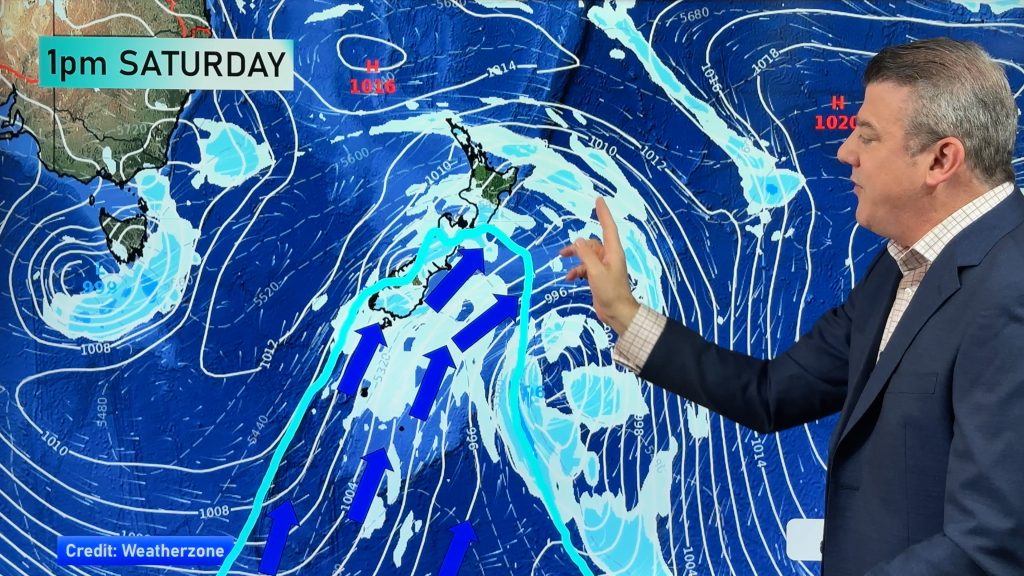
> From the WeatherWatch archives
China’s capital woke up to orange-tinted skies Saturday as the strongest sandstorm so far this year hit the country’s north, delaying some flights at Beijing’s international airport and prompting South Korean weather officials to issue a dust warning for Seoul.
The sky glowed and a thin dusting of sand covered Beijing, causing workers to muffle their faces in vast Tiananmen Square. The city’s weather bureau gave air quality a rare hazardous ranking.
Air quality is “very bad for the health,” China’s national weather bureau warned. It said people should cover their mouths when outside and keep doors and windows closed.
China’s expanding deserts now cover one-third of the country because of overgrazing, deforestation, urban sprawl and drought. The shifting sands have led to a sharp increase in sandstorms – the grit from which can travel as far as the western United States.
The Chinese Academy of Sciences has estimated that the number of sandstorms has jumped six-fold in the past 50 years to two dozen a year.
The latest sandstorm has also affected the regions of Xinjiang and Inner Mongolia and the provinces of Shanxi, Shaanxi and Hebei.
As the sandstorm moved southeast, South Korea’s national weather agency issued a yellow dust advisory for Seoul and other parts of the country.
Chun Youngsin, a researcher at the Korea Meteorological Administration, said the yellow dust was expected to hit the Korean peninsula beginning Saturday afternoon and it would be “the worst yellow dust” this year.
Some flights at Beijing’s international airport were delayed but eventually took off, said a woman answering phones at the airport hot line.
China has planted thousands of acres of vegetation in recent years to stop the spread of deserts in its north and west, but experts have said the work will take decades.
China’s dust storms were at their worst in the 1950s and ’60s after campaigns to raise farm and factory output following the 1949 communist revolution stripped the soil of vegetation.
“I think this kind of natural disaster is caused by human activity, but I don’t know the exact reason, and I don’t know exactly what we can do to prevent this,” Shi Chunyan, a Beijing resident, said of Saturday’s storm.
– AP, NZHERALD.CO.NZ
Comments
Before you add a new comment, take note this story was published on 20 Mar 2010.






Add new comment